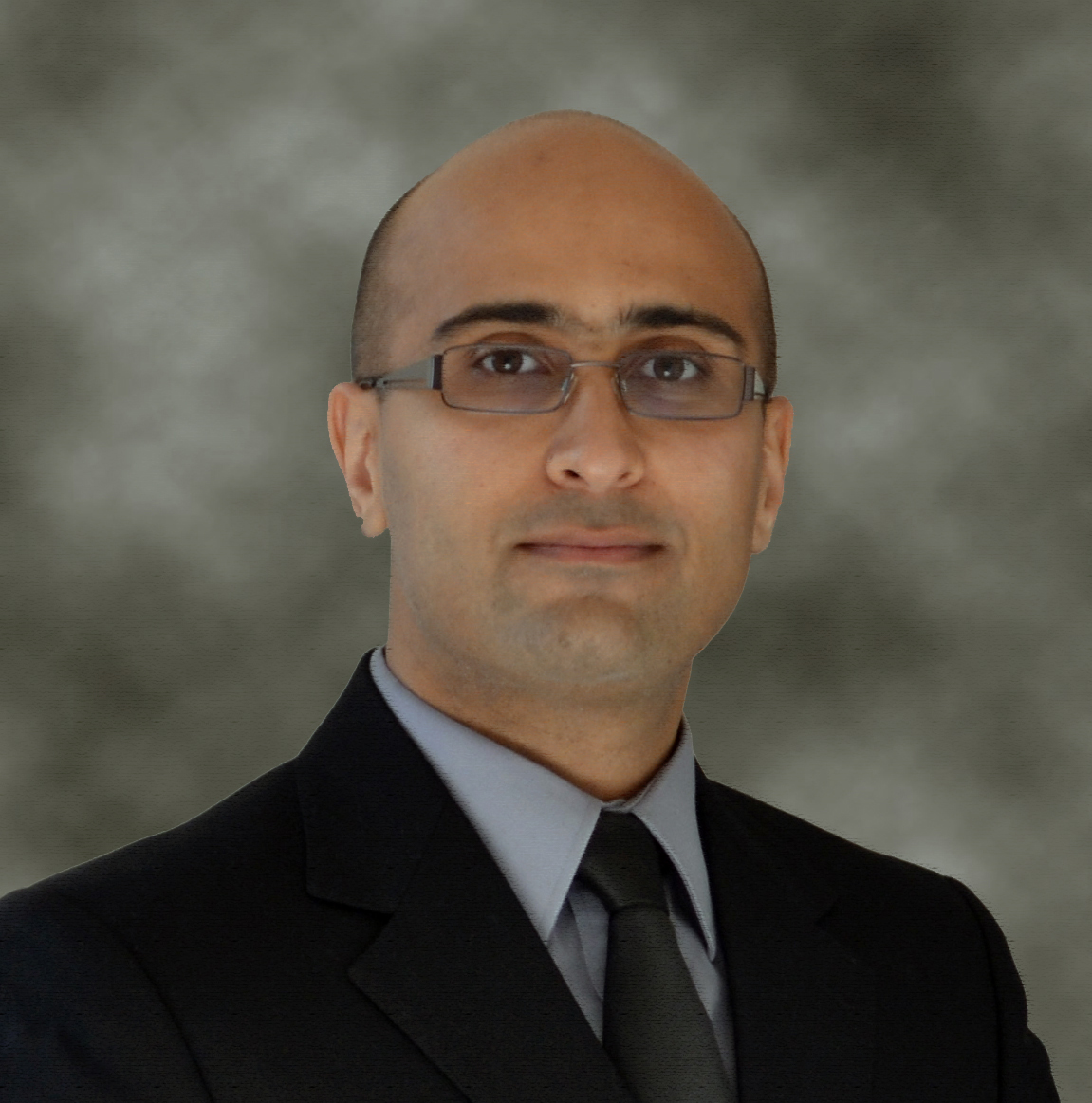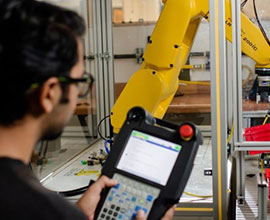
عنوان سخنراني: Machining Difficult-to-Cut Materials Basic Principles and Challenges Presented
زمان برگزاري: چهارشنبه 18 ارديبهشت ماه 1398
Title: Machining Difficult-to-Cut Materials Basic Principles and Challenges Presented
Speaker: Dr. Sayyed Ali Hosseini ,Machining Research Laboratory (MRL) Department of Automotive, Mechanical and Manufacturing Engineering Faculty of Engineering and Applied Science Ontario Tech University
Abstract: Development of advanced materials revolutionized the knowledge of humankind in materials science and hastened the progress rate of industry. However, despite all of their rewarding features, these materials introduced new issues and challenges that have never been confronted before. Some of these materials are very expensive and require labor-intensive process to be produced. Moreover, due to their superior characteristics such as high strength, stiffness, and hardness, manufacturing processes that can be easily employed for most of the engineering materials may not be efficient when being implemented on these materials. One of the most widely used manufacturing operations in the industry is machining in which a wedge-shaped cutting tool removes the material layer by layer from the workpiece surface and yields the desired shape and geometry. Materials such as titanium and its alloys, superalloys, metal matrix composites, and steels (especially in the hardened state) rapidly deteriorate the cutting tools and impose several issues to the quality of parts and economy of the process. This rapid deterioration is mainly caused by high temperatures and stresses generated during machining. Rapid tool wear due to the abrasive nature of some of these materials is also a challenge for the machining industry. Due to the above-mentioned reasons, these materials are notoriously difficult to machine; hence, they are usually being referred to as difficult-to-cut or hard-to-cut materials.This presentation aims to deliver a general description of difficult-to-cut materials, their mechanical and chemical properties, industrial applications, and issues that may be raised during machining these materials. Environmental aspects of machining difficult-to-cut materials will also be briefly discussed.
Biography: Dr. Sayyed Ali Hosseini was born in Birjand, Iran. He obtained his B.Sc. degree in Mechanical Engineering with specializations in Solid Mechanics (2005) and M.Sc. degree in Mechanical Engineering with specializations in Applied Design (2008) both from Ferdowsi University, Mashhad, Iran. In 2013, he obtained his Ph.D. degree in Mechanical Engineering from Ontario Tech University, Canada, where he is currently an Assistant Professor in the Faculty of Engineering and Applied Science. His research area covers tool design, simulation of machining processes, material modelling, and machining difficult-to-cut materials. He is a member of SME, ASME, CSME and a registered professional Engineer in Ontario, CANADA.





